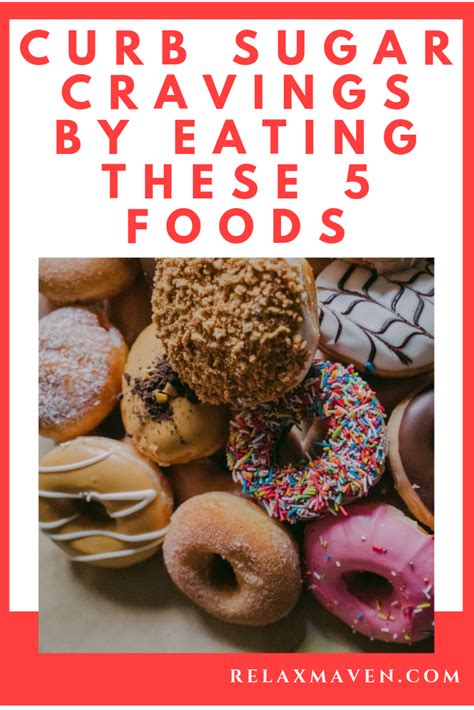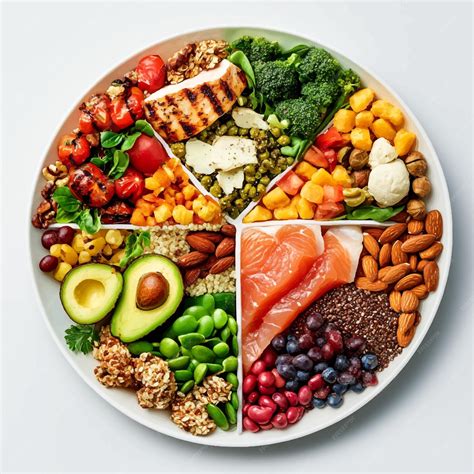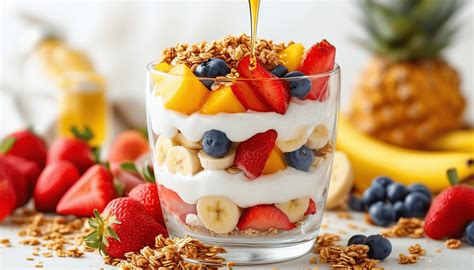How to curb evening sugar cravings?

Understanding and Tackling Evening Sugar Cravings
The allure of sweet treats after dinner can be incredibly powerful, turning a peaceful evening into a battle against temptation. Evening sugar cravings are a common struggle, often leading to overconsumption of unhealthy snacks and derailing dietary goals. Understanding why these cravings strike and equipping yourself with effective strategies can make all the difference in achieving your health objectives.
Why Do Evening Sugar Cravings Occur?
Several factors contribute to the magnetic pull of sugar as the day winds down. It’s rarely just about a lack of willpower. Biological, psychological, and environmental cues all play a role:
- Blood Sugar Fluctuations: If your meals throughout the day lack balance (e.g., too many refined carbs, not enough protein or fiber), your blood sugar can spike and then crash, leading to intense cravings as your body seeks a quick energy fix.
- Stress and Emotions: Many people turn to food, especially sugary comfort foods, to cope with stress, boredom, or sadness experienced after a long day.
- Habit and Association: If you’ve habitually enjoyed a sweet treat after dinner for years, your body and mind will come to expect it.
- Lack of Sleep: Poor sleep can disrupt hormones that regulate appetite (ghrelin and leptin), making you feel hungrier and crave high-energy foods.
- Inadequate Daytime Nutrition: Not eating enough or skipping meals during the day can leave you feeling deprived and ravenous by evening, making sugary snacks seem irresistible.

Practical Strategies to Combat Cravings
1. Prioritize Balanced Meals Throughout the Day
Ensure each of your main meals (breakfast, lunch, dinner) includes a good source of lean protein, healthy fats, and complex carbohydrates with plenty of fiber. This combination helps stabilize blood sugar, keeps you feeling full for longer, and prevents the drastic dips that trigger cravings.
2. Hydrate Adequately
Sometimes, what feels like a sugar craving is actually a sign of dehydration. Before reaching for a sweet, try drinking a glass of water or herbal tea. Often, the craving will subside.
3. Mindful Snacking (If Truly Needed)
If you genuinely feel hungry between meals, opt for a small, nutrient-dense snack. Examples include a handful of nuts, a piece of fruit with a tablespoon of nut butter, or plain Greek yogurt. This can prevent overeating or intense cravings later.
4. Embrace Protein and Fiber
These two macronutrients are your best friends in the fight against cravings. Protein takes longer to digest, promoting satiety, while fiber adds bulk and slows down sugar absorption. Include them in every meal.

Lifestyle Adjustments for Long-Term Success
1. Manage Stress Effectively
High stress levels can lead to increased cortisol, a hormone that can amplify sugar cravings. Incorporate stress-reducing activities into your daily routine, such as meditation, yoga, deep breathing exercises, or a relaxing hobby.
2. Prioritize Quality Sleep
Aim for 7-9 hours of quality sleep per night. When you’re well-rested, your hunger-regulating hormones (ghrelin and leptin) function correctly, reducing the likelihood of intense cravings for sugary, high-energy foods.
3. Establish a Wind-Down Routine
Replace your post-dinner snacking habit with a non-food-related activity. This could be reading a book, taking a warm bath, listening to music, stretching, or engaging in a light hobby. This creates a new, healthier association for your evenings.

4. Identify Your Triggers
Keep a food and mood journal for a few days to identify patterns. Are you craving sugar when you’re bored, stressed, or watching a particular TV show? Once you recognize your triggers, you can proactively develop coping mechanisms.
Healthy Alternatives for a Sweet Tooth
If you genuinely desire something sweet, opt for healthier, naturally sweet alternatives:
- Fresh Fruit: Berries, apples, bananas, or a small handful of dates can satisfy a sweet craving while providing fiber and nutrients.
- Greek Yogurt with Berries: Protein-rich yogurt combined with naturally sweet berries offers a satisfying treat.
- Small Piece of Dark Chocolate: If you must have chocolate, choose a small square (1-2 ounces) of dark chocolate (70% cocoa or higher) for antioxidants and less sugar.
- Herbal Tea: Many herbal teas (like peppermint, chamomile, or cinnamon tea) have a naturally sweet taste and can be very comforting.

Conclusion
Curbing evening sugar cravings is a journey that requires consistency and self-awareness. By understanding the underlying causes and implementing a combination of nutritional strategies and lifestyle adjustments, you can significantly reduce their intensity and frequency. Focus on balanced eating, stress management, adequate sleep, and finding healthy alternatives. With time and effort, you can reclaim your evenings from the grip of sugar and foster a healthier relationship with food.









